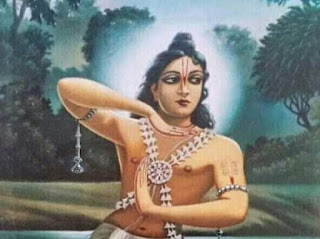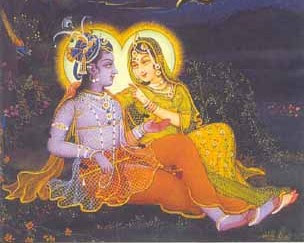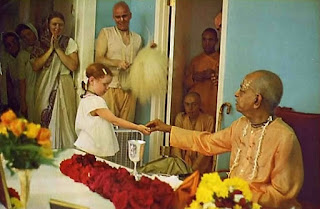Prīti Sandarbha 337.2 Nirveda :: Sthāyī or Vyabhicārī ?

In this rather mad run I am engaged in to complete the Prīti Sandarbha, I have kept somewhat away from human interaction. I have temporarily stopped all classes in the pious hope that I would get more done, but I honestly wonder now if that is at all true. At any rate, as always, I am ever struggling with a stubbornly recalcitrant mind, which even at this stage of life still seeks the distractions that this brave new world has succeeded placing before us, sucking us all in. Even pretenders such as myself cannot resist falling into the ocean of non-Krishna. We may talk about bhāva , but without avyartha-kālatvam , all else is but pretense. A couple of days ago I finished up the anubhāva section, of which I regret not having shared even short portions with anyone, here or elsewhere. I did share a portion with the members of a Sanskrit group I moderate on Facebook, but even there I am a little too lazy to do the extra work of reposting here on the blog. We could call it being judiciously ...





